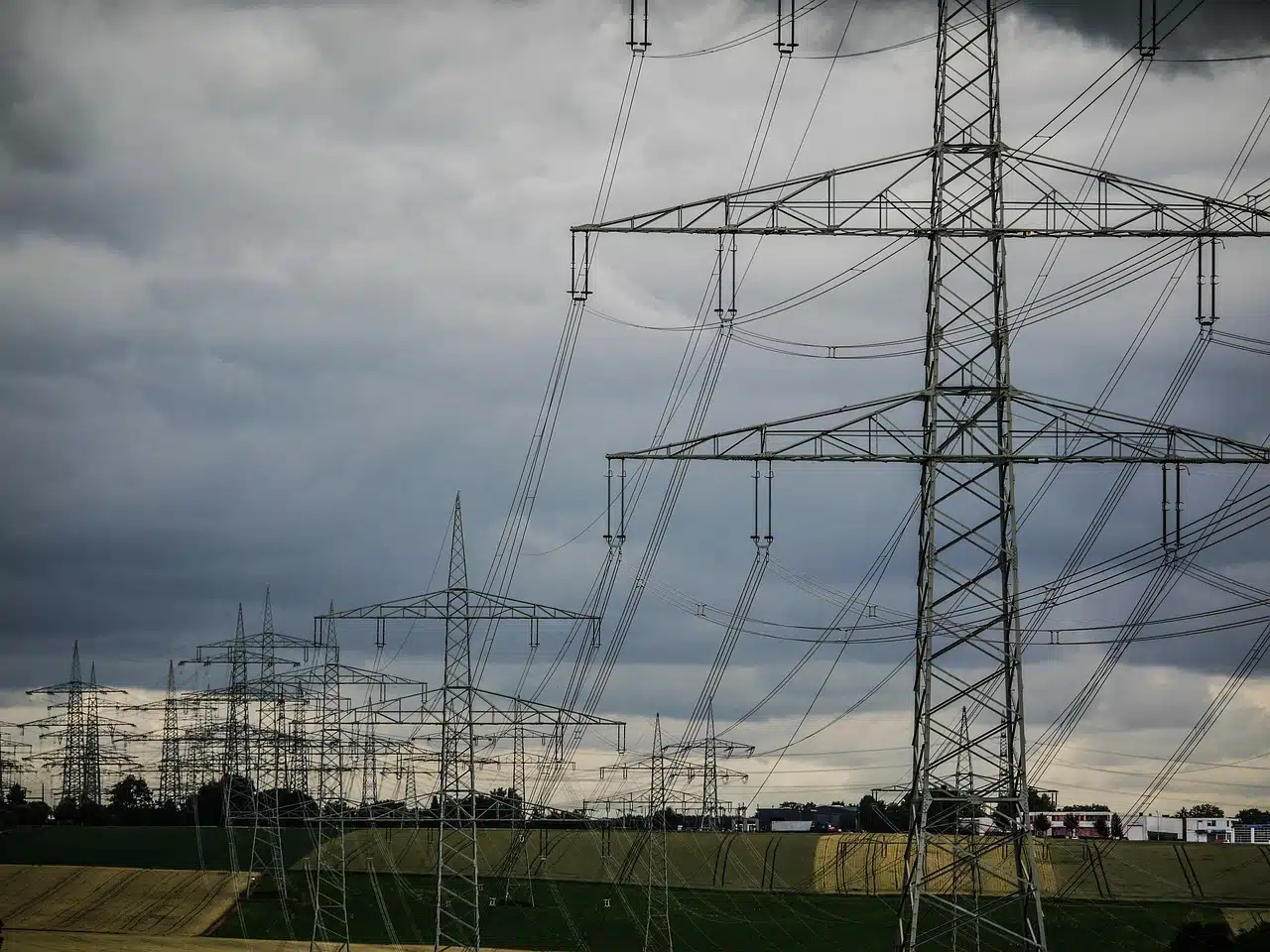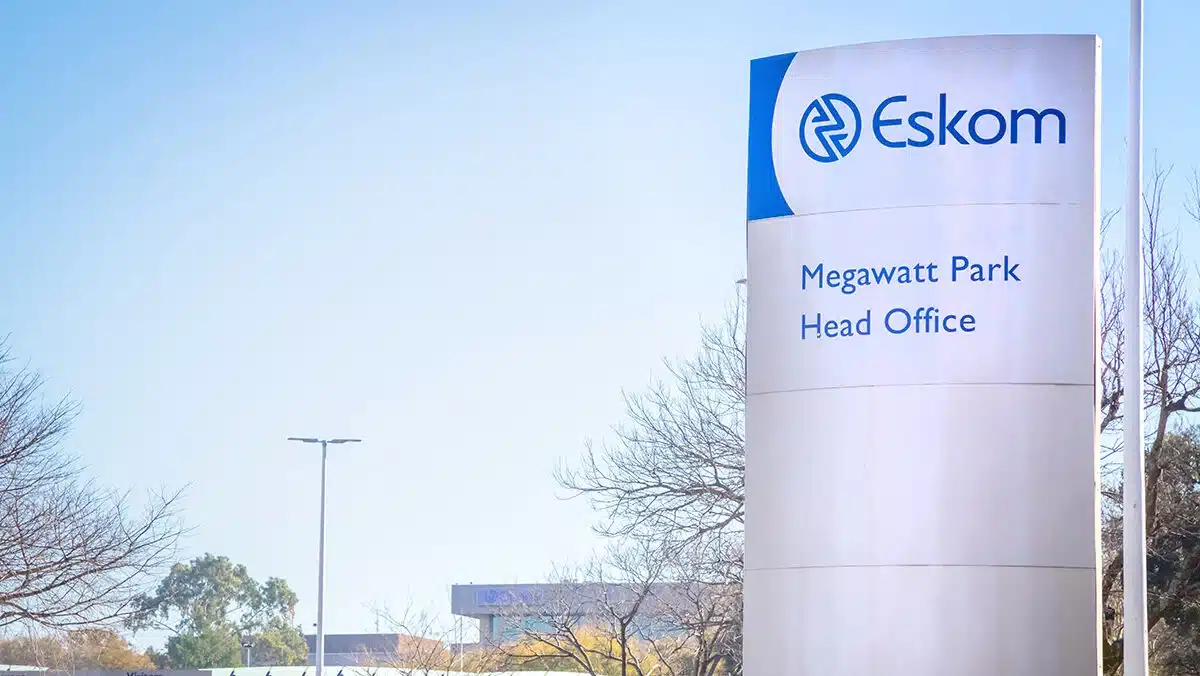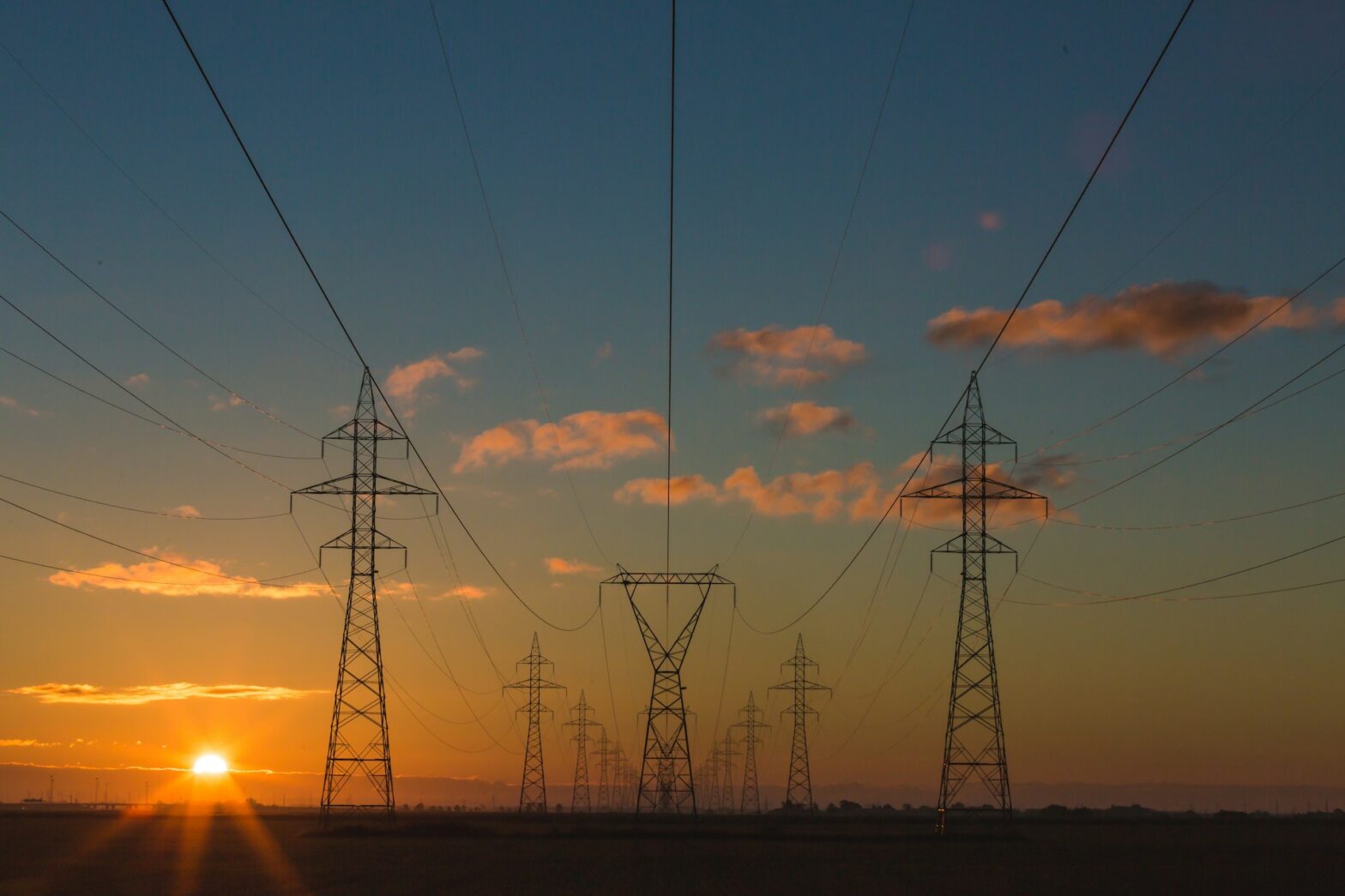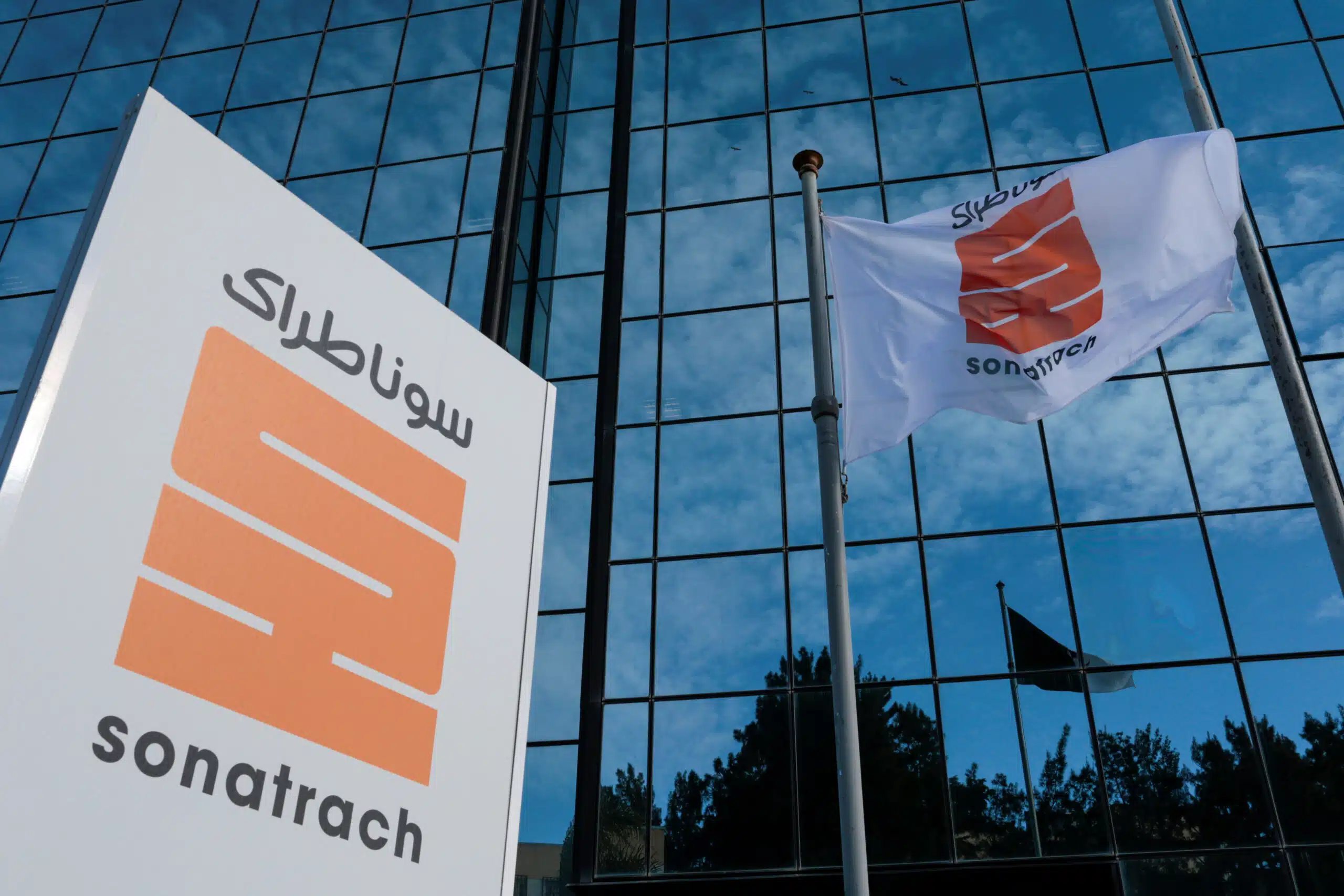Namibia’s Electricity Control Board (ECB) has formally submitted a proposal to the Ministry of Industries, Mines and Energy, for the development of a base load power plant to solve the problem of electricity instability.
ECB Chief Executive Officer Robert Kahimise said the Board had made a formal submission to the Office of the Minister, notingthe critical role such a plant would play in stabilising and enhancing the country’s electricity supply security.
“Namibia urgently needs to develop a base load power plant, as our current reliance on intermittent renewable energy sources,mainly solar, creates supply gaps outside of sunshine hours,” Kahimise said to reporters.
Kahimise said the only reliable source of power comes from biomass generation by state utility NamPower, as most renewable sources do not provide continuous power.
As a result, NamPower is often compelled to find alternative power sources to meet demand during periods of low or no generation.
Base load power, Kahimise explained, refers to a steady and reliable supply available 24 hours a day, with no limitations of weather conditions or time of day.
“It serves as the minimum amount of electricity needed consistently over long periods to meet national demand. The ECB believes that establishing a base load power plant will result in cheaper, locally generated electricity compared to our current dependence on imports,” he said.
According to NamPower, Namibia currently imports electricity from South Africa’s Eskom and the South African Power Pool (SAPP).
In addition to building a base load plant, the ECB proposed strengthening the national transmission infrastructure.
“Improved transmission capacity will enable the evacuation of local generation, unlock additional generation potential, and support Namibia’s export ambitions—areas where the Board has already issued multiple export licences,” said Kahimise.
He reiterated the ECB’s position from last year, stressing the need to move away from relying on imports as the country’s base load power source.
This comes as the new government administration has announced plans to be a power exporter and the exploration of nuclear power as a viable base load option.
Kahimise said the ECB is not advocating for any specific energy source, but rather for the inclusion of a reliable base load component in Namibia’s overall energy mix.
“What is different now, in terms of the priorities and key strategic projects of our new administration, is that they have prioritised the exploration of a nuclear power plant. A nuclear power plant qualifies as a base load power plant,” he said.
Namibia’s national peak electricity demand is under 700 MW, with renewable energy currently contributing around 30% of the total energy mix.








